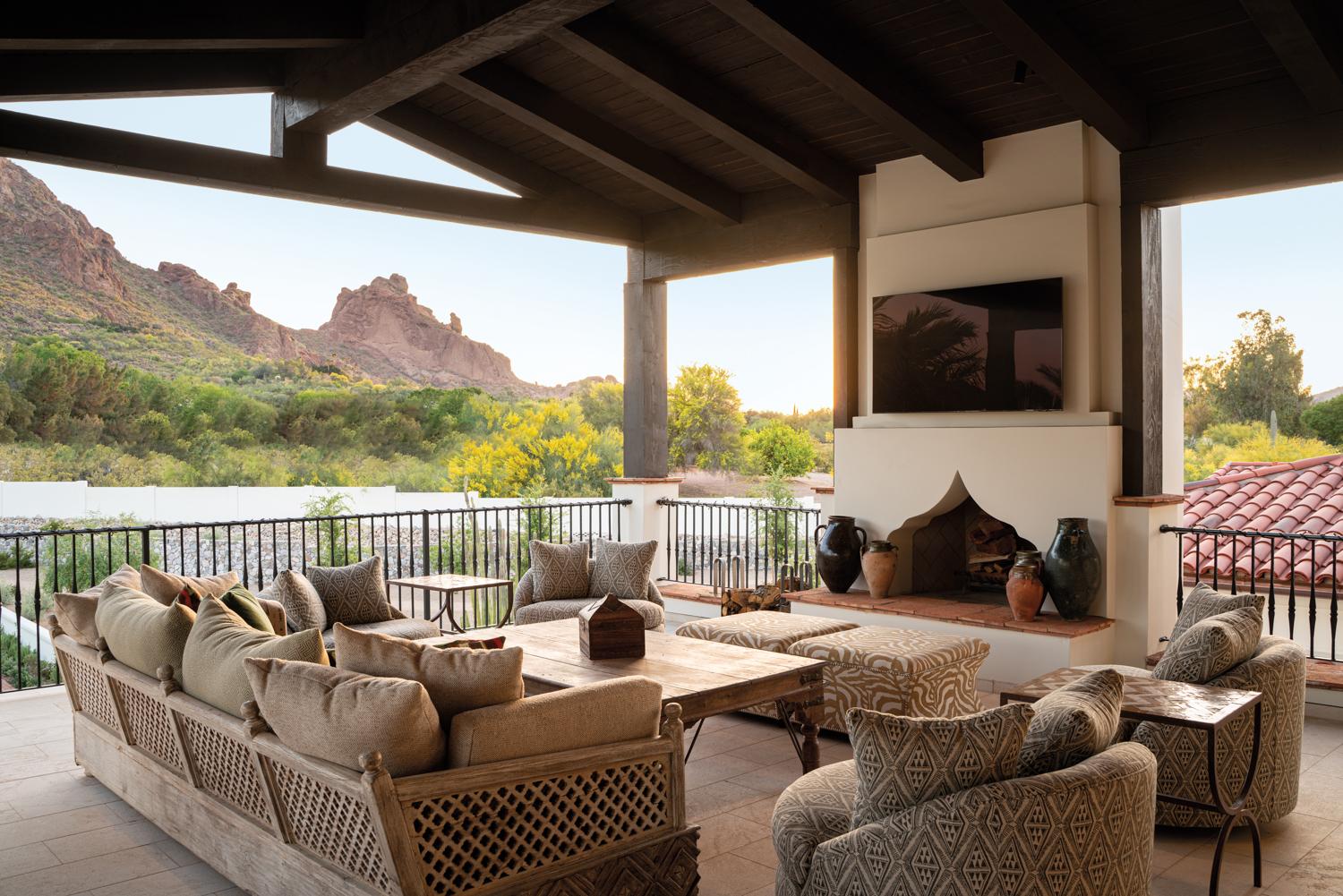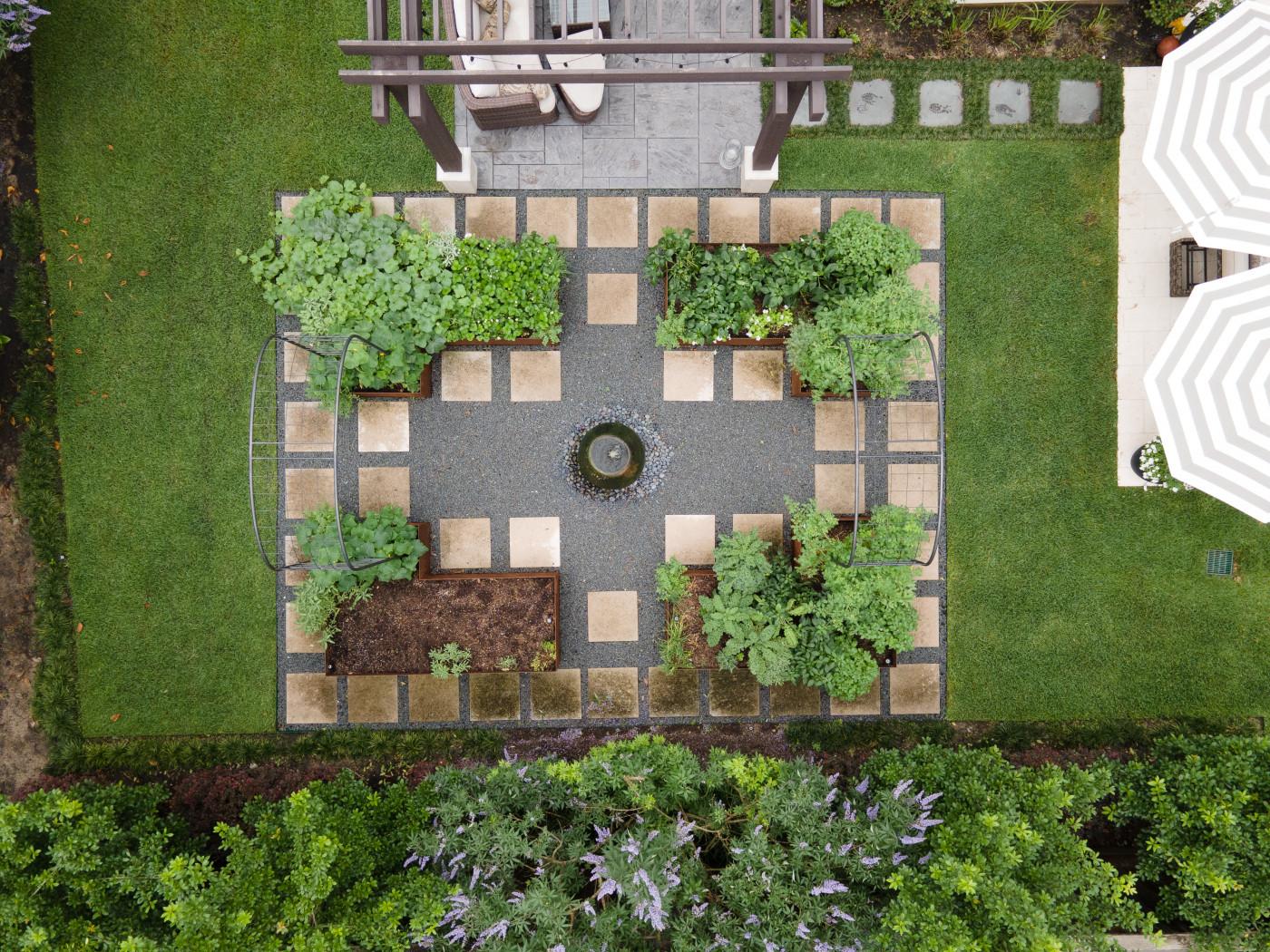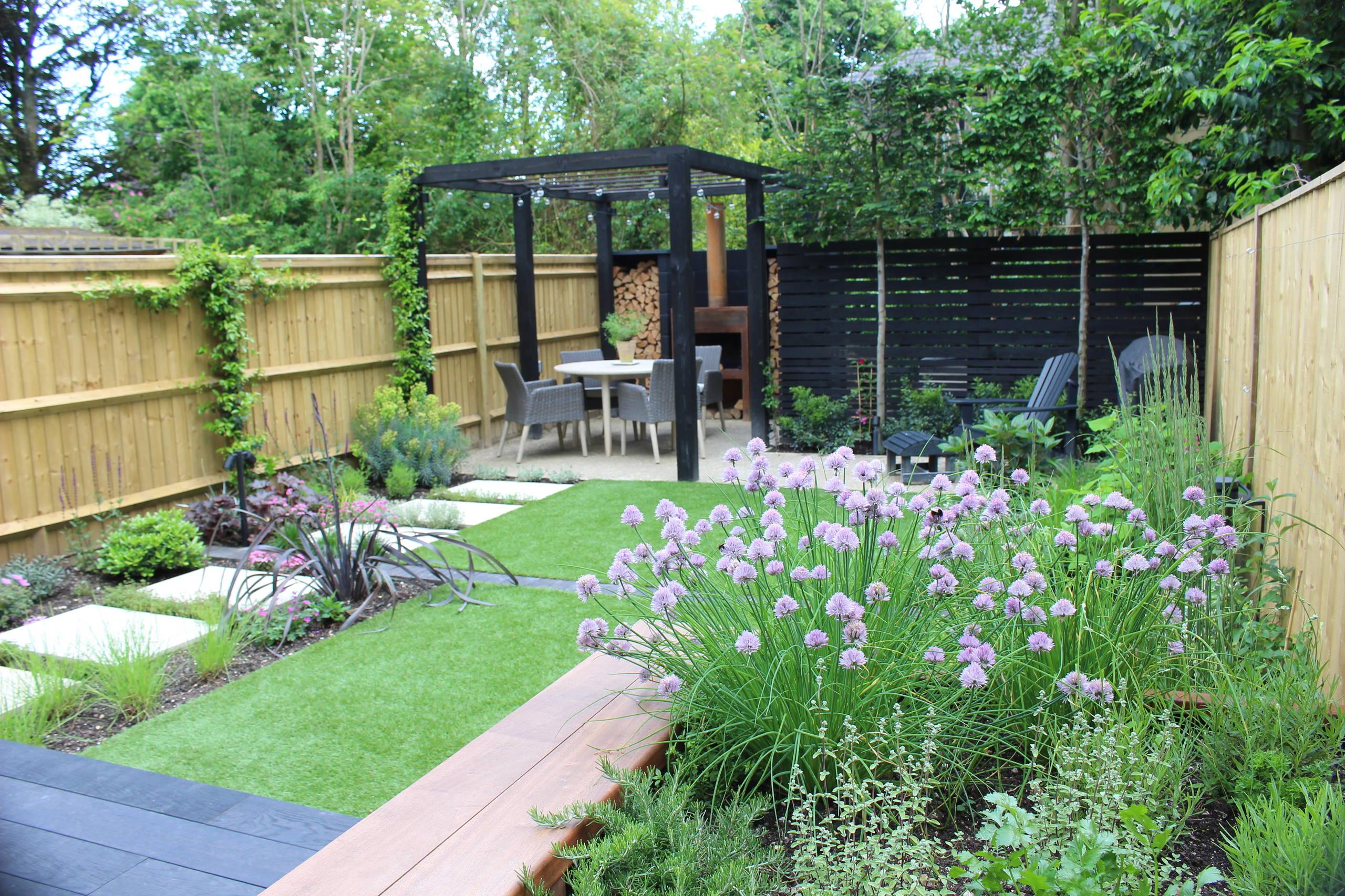Key Design Approaches
- Permaculture Design Principles: Creates self-sustaining ecosystems. Emphasizes zoning, water harvesting, and edible landscapes. Uses native plants to minimize maintenance and maximize ecological benefits.
- Formal Geometric Layouts: Symmetry, straight lines, defined shapes for structured elegance. Precise plant placement, clipped hedges, and focal points create a refined, controlled garden.
- Naturalistic & Informal Design: Emulates nature's beauty with irregular shapes, flowing lines, diverse plant palettes. Prioritizes indigenous species, creates soft transitions for a relaxed, organic feel blending with environment.
Evaluation Criteria for Garden Planning
- Maintenance Requirements: Ongoing effort for pruning, watering, pest control. Lower maintenance reduces long-term time and resource investment.
- Aesthetic Integration: How well does design blend with existing architecture and environment? Cohesion enhances visual quality.
- Ecological Benefits: Contributions to biodiversity, water conservation, soil health. Sustainable practices foster environmental well-being.
- Flexibility for Growth: Design's adaptability for future changes or additions. A scalable plan supports long-term evolution.
Comparative Analysis of Garden Design Methods
Permaculture Design Principles
Permaculture excels in minimizing maintenance through intelligent design. Mimicking natural systems, it reduces constant watering and weeding. Aesthetics can be rustic, but beauty lies in functional harmony, integrating edible and ornamental plants for unique visual appeal.
Ecologically, permaculture is exceptionally sustainable. It improves soil health, conserves water via mulching, and boosts biodiversity. Its modular nature allows high adaptability; components modify as needs evolve, creating a flexible, evolving landscape.
Formal Geometric Layouts
Formal geometric layouts demand higher maintenance. Precise lines and shapes require regular pruning, trimming, and weeding for crisp appearance. Their aesthetic appeal is undeniable, offering order, sophistication, and timeless elegance. Symmetrical design creates strong visual impact.
Ecologically, formal designs often have limited positive impact, relying on non-native species and intensive watering. Sustainability can be enhanced with careful plant selection, but focus is visual. Adaptability is moderate; rigid structure makes significant changes challenging without redesign.
Naturalistic & Informal Design
Naturalistic designs offer moderate to low maintenance once established. Plants are chosen for local suitability, reducing intensive care. The aesthetic is serene beauty, blending seamlessly with the environment. Flowing lines and diverse textures create an inviting, organic landscape.
Ecologically, naturalistic designs are highly beneficial. They prioritize native plants, supporting local wildlife, improving soil structure, and conserving water, fostering robust ecosystems. Adaptability is excellent; flexibility allows organic growth and easy integration of new elements.
Strategic Recommendations for Your Garden
- Recommendation 1: For Sustainability and Efficiency
If long-term sustainability and minimal effort are key, Permaculture Design Principles are ideal. It ensures an ecologically sound garden with reduced inputs, fostering biodiversity and water conservation. Perfect for an efficient, self-regulating outdoor space.
- Recommendation 2: For Formal Elegance
For a highly structured and sophisticated aesthetic, Formal Geometric Layouts are superior. This method creates grandeur and order, perfect where architectural precision is paramount. Consistent maintenance preserves its immaculate appearance and strong visual impact.
- Recommendation 3: For Natural Beauty and Flexibility
When a relaxed, organic feel harmonizing with natural surroundings is preferred, Naturalistic & Informal Design offers unparalleled beauty. It promotes local ecology and provides flexibility for future evolution, suiting those who appreciate a wild yet curated garden.
- Recommendation 4: Custom Approach
The optimal choice often involves a blended approach, leveraging strengths of various methods for specific site conditions and preferences. FORBES LANDSCAPE & GARDENING SERVICE LTD provides custom solutions, aligning your garden blueprint with your unique vision.



Comments